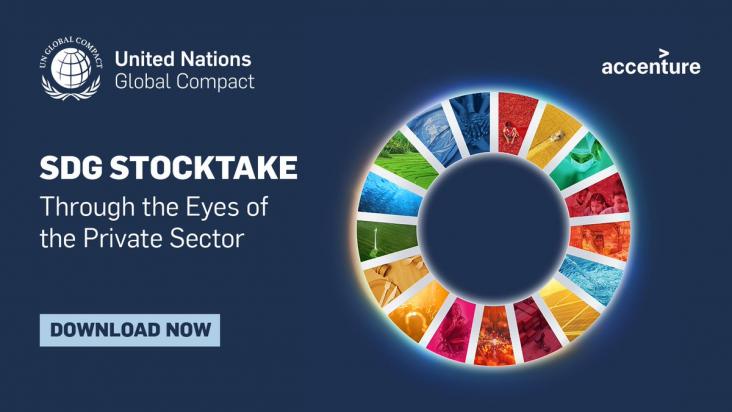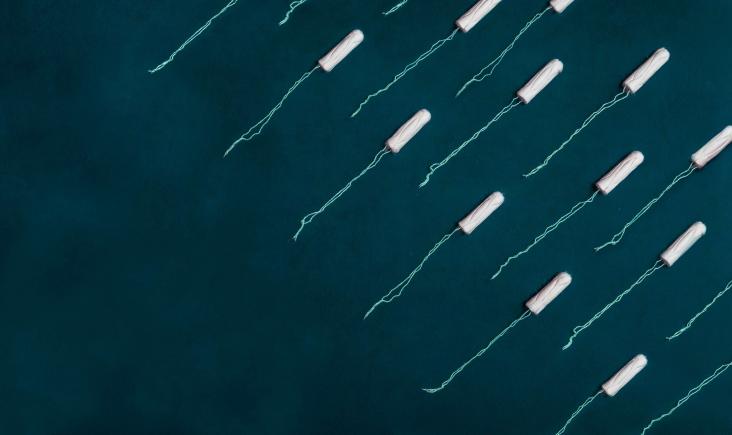This Article supports SDG 3 by estimating burdens of other musculoskeletal disorders (conditions other than osteoarthritis, rheumatoid arthritis, gout, low back pain, and neck pain), which are a source of a large amount of disability globally; they are the sixth leading cause of years lived with disability globally, and the authors note they are an important consideration for policies regarding musculoskeletal health.
This content aligns with Goal 3: Good Health and Wellbeing by exploring the current tools that could eliminate HIV-AIDS as a public health threat through engagement in communities and expanding testing, implementing combined prevention for individuals at risk of HIV exposure, and providing optimal treatment to all positive cases.
This content aligns with Goal 3: Good Health and Wellbeing by providing a comprehensive discussion on antiretroviral therapies.
Elsevier,
Principles and Practice of Pediatric Infectious Diseases (Sixth Edition)
2023, Pages 700-707.e2
This content aligns with Goal 3: Good Health and Wellbeing by emphasizing the predominantly outpatient care-based approach to the use of antiretroviral therapy (ART).

The United Nations Global Compact-Accenture Global Private Sector Stock take report report offers an appraisal of private sector contributions to the SDGs so far and outlines a clear pathway for private sector action over the next seven years.
Improvements in diagnosis and treatment are enabling people with HIV to liver longer; this study seeks to understand the evolution of comorbidities in an ageing cohort of people with HIV.
Previous studies have shown that people with HIV are at an increased risk of non-communicable diseases, this systematic review and meta-analysis collates data from 188 studies done in 21 sub-Saharan Africa countries and shows that people with HIV have an increased incidence of multiple NCDs, including hypertension, diabetes, and cervical cancer. Although more research is needed, this results highlight the need for improved treatment and prentative approaches to minimise the risk of people with HIV also developing non-comminicable diseases. Good health and wellbeing should not solely be focused on HIV managment; this study shows the growing risk of other diseases that have to be mitigated.
Elsevier,
Rehabilitation Robots for Neurorehabilitation in High-, Low-, and Middle-Income Countries
Current Practice, Barriers, and Future Directions
2024, Pages 471-498
This content aligns with Goal 3: Good Health and Wellbeing and Goal 10: Reduced Inequalities by raising the general and ethical issues around access to rehabilitation robot technologies and discusses them in the context of inclusivity—a term that encompasses affordability and other common issues that may justify limiting or increasing use in low-resource settings in HICs and LMICs.
Regular physical activity across the lifespan to build resilience against rising global temperatures
eBioMedicine, Volume 96, October 2023
This Personal View supports SDGs 3 and 13 by calling for more research into the contribution that physical activity can have in adapting to rising global temperatures and, more broadly, to climate change.

